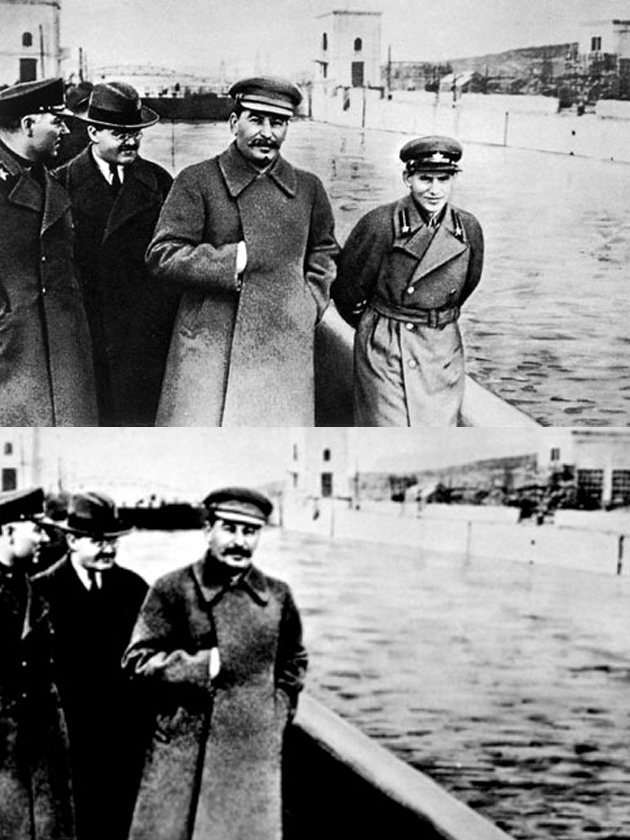THE BLURB: "In September 1941, Adolf Hitler’s Wehrmacht surrounded Leningrad in what was to become one of the longest and most destructive sieges in Western history—almost three years of bombardment and starvation that culminated in the harsh winter of 1943–1944. More than a million citizens perished. Survivors recall corpses littering the frozen streets, their relatives having neither the means nor the strength to bury them. Residents burned books, furniture, and floorboards to keep warm; they ate family pets and—eventually—one another to stay alive. Trapped between the Nazi invading force and the Soviet government itself was composer Dmitri Shostakovich, who would write a symphony that roused, rallied, eulogized, and commemorated his fellow citizens—the Leningrad Symphony, which came to occupy a surprising place of prominence in the eventual Allied victory.
"This is the true story of a city under siege: the triumph of bravery and defiance in the face of terrifying odds. It is also a look at the power—and layered meaning—of music in beleaguered lives."
THE SCOOP: I spent a semester abroad in St. Petersburg with a babushka who lived through the siege of Leningrad. I remember seeing signs at every bathroom that anyone who survived the siege was exempt from paying to use it (and probably other things, but bathrooms were always on my mind!).
The siege fascinates me.
And this was the best book I've ever read on it.
It discusses Shostakovich's career ebbing and flowing with the rise of Communism, Stalin, the war, and beyond. I read so many interesting details I'd never heard before. His pictures are amazing. I've heard of Stalin blotting people out of pictures but never seen it before.
This isn't from the book, but here's an example:

I loved how MT Anderson ties in the symphony with the human spirit and the will to rise above our circumstances. My favorite bit is his retelling of the meeting between the German assigned to starve the Leningraders out and the Russian who fed them. Both agreed the whole city should have been dead based on calories--but not once their spirit was factored in.
THE VERDICT: I loved this book. It's thick and meaty, and perhaps best read a chapter at a time instead of in one gulp. The story is about a city that *almost* starved to death, so don't expect light and fluffy. But you can be awed at human endurance and the power of music and determination.

No comments:
Post a Comment